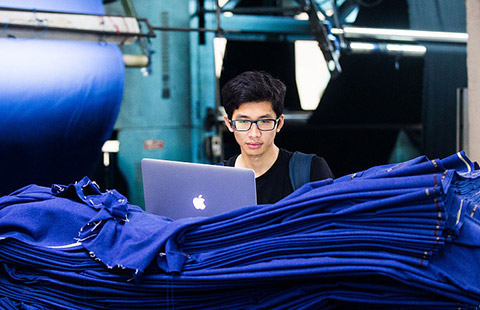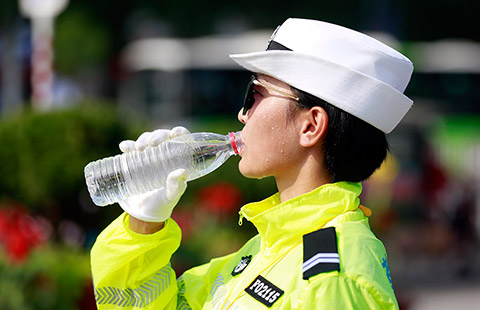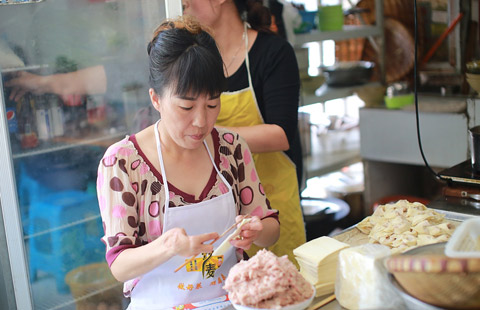GM food influx a dilemma for consumers, farmers
China began to import GM soybeans in 1997 to meet surging domestic demand, according to Peng Yufa, a senior member of the country's GM crop bio-safety committee and a researcher at the Chinese Academy of Agricultural Sciences.
Last year, China imported 58.38 million tons of soybeans while the country's own soybean production was about 13 million tonnes, official statistics showed.
For Chinese farmers, the plantation of corn per mu, a Chinese measurement which equals about 667 square meters, can earn them about 300 to 400 yuan ($48 to $65) more in revenue than that of soybeans on average.
This has prompted more farmers to stop planting soybeans. In Heilongjiang, a major soybean producer in China, the area used for plantations of this legume reduced to about 40 million mu last year from about 70 million mu in 2009.
Although edible soybean oil made from GM produce is common in Chinese supermarkets, most citizens worry about its safety despite relatively lower prices than equivalents such as peanut oil.
"When I buy edible oil, I will make sure whether they have GM marks. After all, there is no final conclusion as to the safety of GM products," says a lady surnamed Zheng in Guangzhou, capital of south China's Guangdong Province.
Results of an online survey conducted by Chinese news portal Sina.com showed on Wednesday that about 85 percent of the 30,000 voting netizens said they would not buy GM products and 78 percent believed GM is harmful to people's health.
To woo consumers, some companies in Heilongjiang have tried to highlight their non-GM soybeans. For example, the Heilongjiang Jiusan Non-GM Soybean Trade Center was set up last September.
"The key is to allow and encourage Chinese scientists to catch up with others and come up with quality products, including safe GM products. Only in this way can we change the status quo of China's soybean products," says Rao Yi, dean of the School of Life Sciences at Peking University.

























